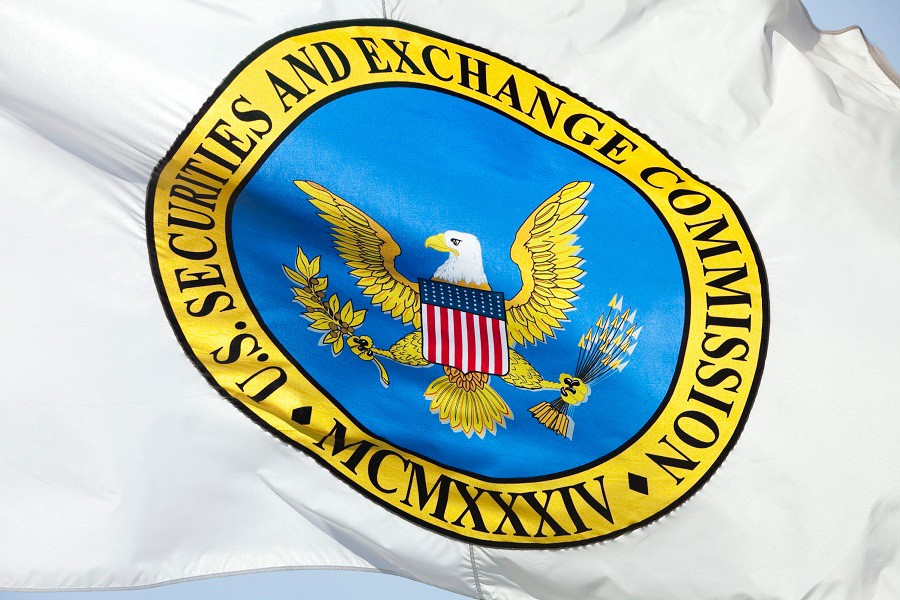

Some misguided activists and policymakers are threatening a new federal investment advice rule that strengthens investor protections while preserving investor access to products and services and low-cost advice.
The SEC’s Regulation Best Interest is a national standard that protects investors by obligating brokers to put the financial interests of their customers first. Reg BI also requires clear, concise disclosures regarding fees and conflicts of interest so investors can make informed decisions.
Reg BI was the culmination of a comprehensive, years-long effort by the SEC to enhance the standards of conduct for financial professionals and protect retail investors, including younger investors just starting to save for a secure retirement. The U.S. Chamber of Commerce has long supported the SEC taking the lead in developing a uniform best interest standard of care for financial professionals, and it successfully led a challenge in the courts to overturn a Department of Labor fiduciary rule that would have made retirement more difficult for hard-working Americans by limiting choice and access to advice.
The SEC got Reg BI right because it carefully balances consumer protection with investor choice. For one, Reg BI includes a requirement that brokers act in the best interest of their clients.
Second, Reg BI requires valuable new transparency focused on ensuring investors are informed. The new Form CRS summary is investor-friendly and will allow individuals to make more informed decisions when working with a financial professional. This additional disclosure and education supports consumer choice in deciding the best course of action for their long-term investment strategy, either a low commission brokerage account or an advisory account with ongoing fees based on a percentage of their account balance.
Finally, Reg BI, by strengthening the federal standards for brokerage advice, should give state regulators confidence that strong federal rules are in place and discourage the development of a conflicting patchwork of state regulations, which confuse investors.
Nonetheless, various states are pursuing investment advice regulations that would cause confusion and create headaches for consumers and financial professionals. Most recently, Massachusetts finalized a fiduciary duty rule that includes a number of problematic provisions at odds with Reg BI.
We believe that there should be one national standard and are weighing our options for next steps as additional states, such as New Jersey, seek to institute some variation of a rule that would also conflict with Reg BI.
The latest legal salvo in the fight against Reg BI is a lawsuit by seven states (plus the District of Columbia) to have the rule vacated. Apparently, these states have no qualms about diminishing investor protections and consumer choice.
As part of the ongoing Reg BI lawsuit, former Sen. Christopher Dodd and former Rep. Barney Frank have joined with 10 other current and former lawmakers in filing an amicus brief challenging Reg BI. In the wake of the financial crisis, these two policymakers championed the Dodd-Frank Act, which included a provision granting the SEC discretion to study and address the rules governing broker-dealer and investment advisers.
It’s time to put away our differences and allow the swift, smooth implementation of Reg BI this summer. The new national standard raises the standard for investor protection while preserving investor choice. For the sake of investors, it’s important that Reg BI is implemented and that efforts in the states are shelved. A uniform, transparent and flexible rule will ensure brokers, investors and the U.S. economy flourish. It’s important to consumers that we get this right.
Tom Quaadman is executive vice president of the U.S. Chamber of Commerce’s Center for Capital Markets Competitiveness.

Executives from LPL Financial, Cresset Partners hired for key roles.

Geopolitical tension has been managed well by the markets.

December cut is still a possiblity.

Canada, China among nations to react to president-elect's comments.

For several years, Leech allegedly favored some clients in trade allocations, at the cost of others, amounting to $600 million, according to the Department of Justice.
Streamline your outreach with Aidentified's AI-driven solutions
This season’s market volatility: Positioning for rate relief, income growth and the AI rebound
